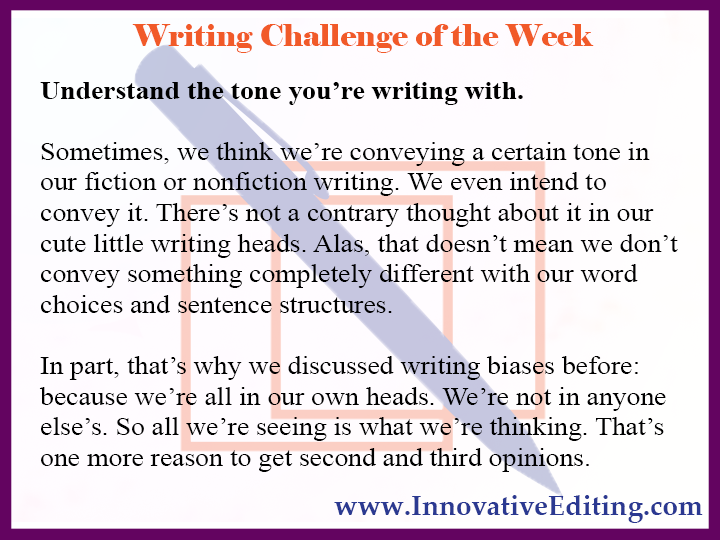5 Facts About School Teachers You Should Probably Keep in Mind
- Jeannette DiLouie
- May 16, 2018
- 3 min read

Editor’s Note 1: This article is written by anonymous so that no school teachers suffer more than they already are. But anonymous still knows what she's talking about! So if you’re a non-teacher who’s writing about teachers, here’s what you should know.
Editor’s Note 2: This post in no way, shape or form is meant to celebrate all school teachers anymore than it’s meant to condemn all parents. It’s just to give a little creative writing perspective, and maybe even some fiction perspective as well.
Teachers don’t always remember your child’s names. I know that, as a parent, your student is very special to you. As well he or she should be! But you have one child. Maybe two or three, but doubtlessly less than a dozen. Which means you have one, two, three or less than a dozen names to remember in the I’m-responsible-for-your-well-being department. That’s not true of school teachers. If we’re a typical elementary teacher, we might have 20 or 30 names to keep track of. If we’re a middle school or high school teacher, or a specialist at any grade level, we could easily be tracking 100, 200, 300, 400, 500 or more students… a daunting task to say the least. With that said, if your kid’s a "problem child"? Oh, believe me, we learn those names fast for all the times we have to try to bring them back to order. Let me repeat that: Try.
Teachers don’t actually have control of their public school classrooms. We’re not allowed to really punish them, and they know it. As such, the “good” kids are typically going to be good; and the kids inclined to be less than good are going to do whatever they want, not only making their teachers’ lives more difficult but also their fellow students’. It’s really frustrating for everyone involved, including the “bad” kids, who probably mainly need more loving structure in their lives, which an out-of-control classroom can't provide.
Teachers aren’t always right. But neither are parents. In a perfect world, every parent would not only have their child’s best interest in mind but also have the full picture of what’s best for that boy or girl. We don’t live in a perfect world though. Far from it. In many cases, whether through their fault or not, parents are utterly ignorant about their children’s in-school world, what it entails and what it does not or cannot include. In others, it’s a matter of parents deeming their children perfect, when that assumption is exceptionally harmful for any person, particularly someone in their formative years.
Teachers don’t get “the whole summer off.” Actually, we have a minimum of administrative days we need to attend, not to mention the days at the end of the summer where we have to go shopping for everything we’ll need for the upcoming school year. And that’s the bare minimum of summer-chopping requirements. According to most state laws, we also have to pursue continuing education courses, which are best taken over the summer when we’re less liable to go postal on your cute or not-so-cute kiddies.
Teachers work a crazy amount of hours per week. Even if we did have the whole summer off, which we don’t, we would put in more time per year than a 9-5. There’s back-to-school nights, of course, plus additional administrative days where we have to attend pointless meetings and tend to pointless tasks that only politicians or bureaucrats could think useful. And then there’s writing lesson plans – which take half of forever – and grading assignments, which take up the other half.
Again, none of this is to say that we're always correct or even well-meaning. There are plenty of horror stories out there about utterly atrocious educators. However, before you automatically assume that's the case of one of the ones in your life – or in your creative writing manuscript – consider these 5 facts.
School teachers everywhere will no doubt thank you for the effort.




